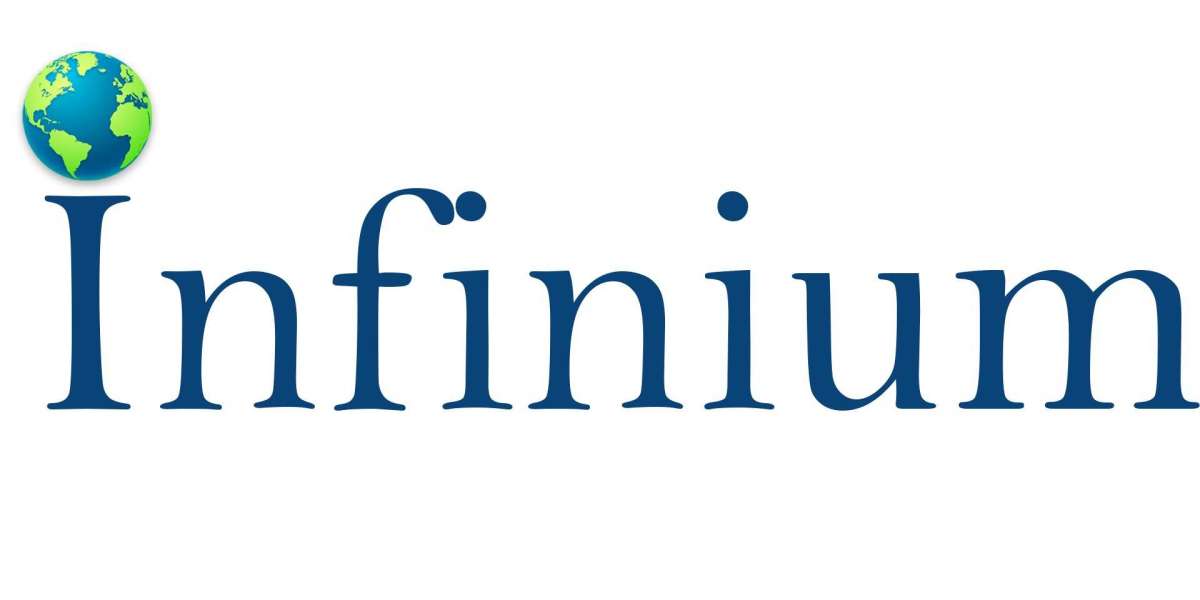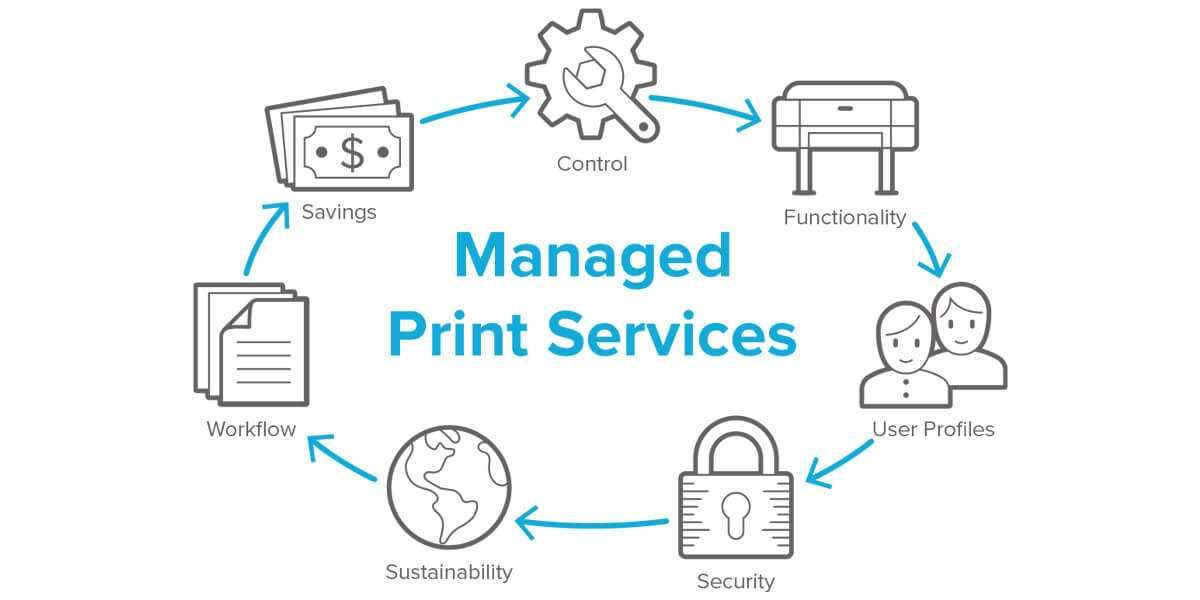Growth factors for Smart Home Energy Management Systems include increasing consumer awareness of energy efficiency, rising energy costs, and advancements in technology. Government incentives and regulations promoting renewable energy use also drive adoption. Integration with smart devices and the Internet of Things (IoT) enhances system functionality, making management more convenient and effective. Additionally, the growing demand for sustainable living solutions and the desire to reduce carbon footprints further propel market growth. The expansion of the smart home market, coupled with innovations in artificial intelligence and machine learning, supports the development of more sophisticated and user-friendly energy management systems.
Market Dynamics:
Drivers:
1.Rising Energy Costs: Rising energy costs are driven by increasing global demand, depleting fossil fuel reserves, and geopolitical tensions affecting supply chains. Additionally, the transition to renewable energy sources, while essential, involves substantial infrastructure investments, further elevating prices. Climate change regulations and carbon taxes also contribute to higher costs. These factors collectively result in higher electricity and heating expenses for consumers, making efficient energy management systems more attractive to mitigate rising household energy expenditures.
2.Growing Consumer Awareness: Enhanced awareness of energy conservation and environmental impact encourages the use of smart home energy management systems.
4.Government Incentives: Subsidies, tax rebates, and regulations promoting renewable energy and energy efficiency drive market growth.
Restraints:
1.High Initial Costs: The upfront investment for smart home energy management systems can be prohibitive for some consumers.
2.Data Privacy Concerns: Potential security risks and privacy issues related to the collection and use of personal energy consumption data may deter adoption.
3.Limited Compatibility: Compatibility issues with existing home infrastructure and other smart devices can hinder market growth.
4.Market Fragmentation: The presence of numerous players offering varied solutions can lead to consumer confusion and slower adoption rates.
Get a Sample PDF of Smart Home Energy Management System Market report:
https://www.dynamicmarketinsights.com/report/smart-home-energy-management-system-market
Key Players:
- Honeywell International Inc.
- Vivint Smart Home, Inc.
- General Electric Company
- Ecobee, Inc.
- Panasonic Holdings Corporation
- Schneider Electric Se
- Comcast
- Com
- Robert Bosch Gmbh
- Johnson Controls
Market Segmentation:
By System Outlook:
- Lighting Controls
- Thermostats
- Self-Monitoring Systems
- Advanced Central Controllers
- Intelligent HVAC Controllers
By Application Outlook:
- New Construction
- Retrofit
By Deployment Type Outlook:
- On-premises
- Cloud
By Region:
- North America
- Europe
- Asia Pacific
- Latin America
- Middle East
Regional Analysis:
North America
North America is a leading market for smart home energy management systems, driven by high disposable incomes, widespread adoption of smart home technology, and supportive government policies. The United States and Canada are key contributors, with growing consumer awareness and technological advancements fueling market growth.
Europe
Europe follows closely, with countries like Germany, the UK, and France leading the market due to stringent energy efficiency regulations and strong environmental consciousness among consumers. The European Union's initiatives to promote renewable energy and reduce carbon emissions also support market expansion.
Asia-Pacific
The Asia-Pacific region is experiencing rapid growth, with significant contributions from China, Japan, and South Korea. Rising energy costs, increasing urbanization, and government initiatives promoting energy efficiency drive market demand. However, the market is still developing, with potential for substantial growth as awareness and adoption rates increase.
Latin America
Latin America shows moderate growth, with Brazil and Mexico being the primary markets. Economic development, urbanization, and rising energy prices contribute to the market's expansion. However, economic instability and lower disposable incomes in some countries may pose challenges.
Middle East Africa
The Middle East and Africa region is emerging as a potential market for smart home energy management systems, driven by growing urbanization, rising energy costs, and increasing awareness of energy efficiency. However, economic challenges and limited infrastructure development can restrain market growth in certain areas.
For any customization needs in the Smart Home Energy Management System Market report, please feel free to contact us:
https://www.dynamicmarketinsights.com/request-customization/DMI-12082
Conclusion:
The Smart Home Energy Management System market is poised for significant growth, driven by rising energy costs, technological advancements, and increased consumer awareness about energy conservation and environmental sustainability. Government incentives and regulations promoting energy efficiency and the integration of renewable energy sources further bolster market expansion. However, challenges such as high initial costs, data privacy concerns, and technical complexities need to be addressed to enhance adoption rates. Regional analysis indicates robust growth in North America and Europe, with the Asia-Pacific region showing immense potential due to urbanization and rising energy demands. Latin America and the Middle East Africa are also emerging markets, though economic and infrastructural challenges persist. Overall, the market presents substantial opportunities, with ongoing innovations in IoT, AI, and smart technologies expected to drive future advancements and adoption, making energy management more efficient and accessible for consumers worldwide.
The report includes the following content:
- A compilation of historical data, events, and outcome predictions.
- Analysis of the Smart Home Energy Management System market at both regional and global levels, including growth forecasts.
- Detailed segmentation of the global Smart Home Energy Management System market by type, application, and region.
- Profiles of industry players with insights into their sales, revenue, and market positions.
- Examination of the latest market trends and technological advancements.
- Comprehensive evaluation of all opportunities and risks in the global Smart Home Energy Management System market.
- Analysis of market dynamics and the competitive landscape to provide a competitive advantage in key markets.
- Exclusive forecasts for the economic scenario of the industry.
For any questions or inquiries before purchasing, please contact our experts at:
https://www.dynamicmarketinsights.com/request-inquiry/DMI-12082
About the company:
Dynamic market insights involve real-time analysis of evolving market conditions, utilizing technology and real-time data. Essential for adaptability, they encompass competitive intelligence, consumer trends, regulatory shifts, and global perspectives, empowering businesses to make timely and informed decisions in a rapidly changing environment.
Contact Us :
Dynamic Market Insights
Name – Shrihari Patharkar
Email – sales@dynamicmarketinsights.com
Website - https://www.dynamicmarketinsights.com



